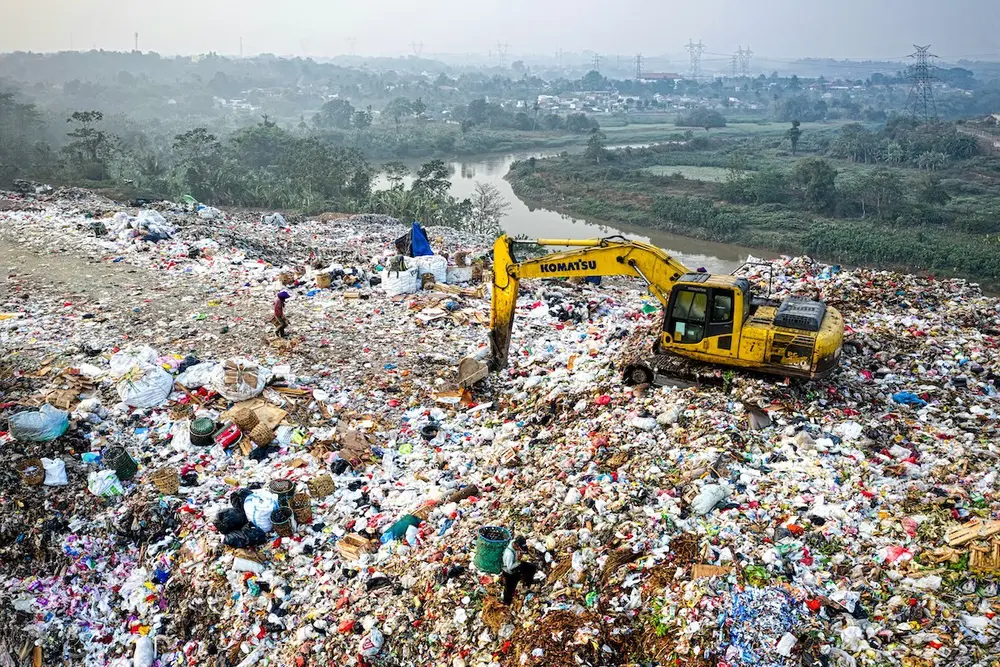A new report in The Lancet warns that the 8 billion tons of plastic waste accumulated on Earth now pose a severe and escalating threat to human health. Released ahead of a U.N. conference on plastic pollution, the report urges nations to act decisively — not just by recycling, but by cutting plastic production at its source.
Global plastic output has exploded, producing over 200 times more today than in 1950, with no signs of slowing. Microplastics have infiltrated every corner of the planet — from the depths of oceans to the clouds over Mount Fuji — and are now embedded in the food we eat, the water we drink, and the air we breathe. Alarmingly, scientists have detected microplastics in human lungs, brains, bone marrow, blood, semen, and breast milk.
The Lancet report warns that plastics are toxic at every stage of their lifecycle — from fossil fuel extraction to manufacturing, use, and disposal. Of the 16,000+ chemicals used in plastics, including flame retardants, fillers, and dyes, many are linked to serious health risks. Vulnerable populations — especially fetuses, infants, and young children — face the highest dangers.
Scientific evidence connects plastic chemicals to low birthweight in infants, obesity and reduced IQ in children, and diabetes, stroke, and cancer in adults. The economic burden is staggering: just three chemicals commonly found in plastics — PBDE, BPA, and DEHP — are estimated to cause over $1.5 trillion in annual health damages worldwide.
The message is clear: Recycling alone will not solve the plastics crisis. Without urgent global action to curb production, humanity risks compounding a toxic legacy that will outlast generations. Read More
News Credit: Yale Environment 360
Picture Credit: Plastic waste at a dump in South Tangerang, Indonesia. Pexels



